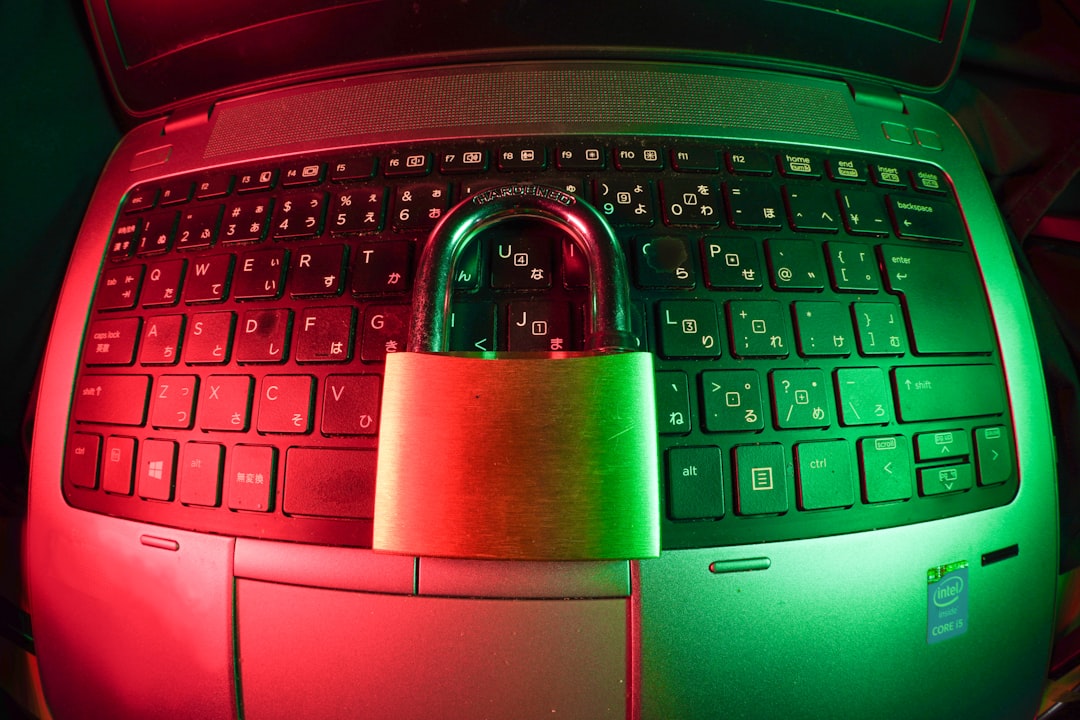In an age where cyber threats are increasingly sophisticated and healthcare data is a prime target, maintaining compliance with the Health Insurance Portability and Accountability Act (HIPAA) has become more challenging than ever. One of the most effective strategies healthcare organizations can adopt is leveraging a Managed Security Operations Center (SOC) to protect sensitive patient information and ensure compliance with regulatory requirements.
HIPAA mandates rigorous measures for securing Protected Health Information (PHI), whether it’s stored digitally or on paper. A Managed SOC provides a centralized and professional approach to cybersecurity, enabling healthcare providers to stay ahead of threats while aligning with HIPAA’s security and privacy rules.
What is a Managed Security Operations Center?
A Managed Security Operations Center (SOC) is a team of cybersecurity experts who continuously monitor, detect, analyze, and respond to security incidents. This 24/7 operation is typically outsourced to a third-party provider specializing in threat intelligence, risk management, and compliance.
In other words, while an internal IT team might wear multiple hats, a managed SOC focuses purely on security, using advanced tools and analytics to identify threats before they escalate into serious breaches.

Why HIPAA Compliance Demands More Than Basic IT Security
HIPAA requires not only technical safeguards but also administrative controls and physical protections for PHI. These requirements include:
- Access control: Restricting information access to authorized personnel only
- Audit controls: Having hardware, software, and procedures to record and examine system activity
- Integrity controls: Ensuring PHI isn’t improperly altered or destroyed
- Transmission security: Protecting PHI against unauthorized access during transmission over electronic networks
To meet these standards, organizations must do more than install antivirus software and firewalls. They need real-time monitoring, a swift incident response process, and detailed documentation — all of which are core functions of a managed SOC.
Top Reasons Why a Managed SOC is Crucial for HIPAA Compliance
Here are several reasons why deploying a Managed SOC is not just beneficial but essential for staying HIPAA compliant:
- Continuous Monitoring and Threat Detection
HIPAA does not provide a grace period for data breaches. A Managed SOC ensures 24/7 surveillance of your systems, which is vital for detecting and stopping potential threats in real time. To complement the robust monitoring capabilities of a Managed SOC, utilizing secure proxy services such as NodeMaven can further enhance network privacy and security. By routing traffic through reliable proxies, healthcare organizations can reduce the risk of direct IP exposure and mitigate certain types of cyberattacks, adding an extra layer of defense that aligns with HIPAA’s emphasis on protecting electronic communications. - Comprehensive Auditing and Reporting
A managed SOC maintains logs and provides detailed reports of all security events, which is crucial for HIPAA-required audits. This transparency can help in quickly responding to inquiries during compliance investigations. - Incident Response Readiness
Should a breach occur, SOC analysts implement a structured incident response plan to contain and mitigate the impact. Because HIPAA requires that breaches be reported within a specified timeframe, this capability is indispensable. - Expertise and Intelligence
Managed SOCs bring a wealth of experience and utilize the latest threat intelligence to counter evolving tactics used by cybercriminals. This level of expertise is often difficult to maintain in-house due to budget and talent constraints. - Regulatory Updates and Risk Management
HIPAA regulations evolve with the technological landscape. Managed SOC providers stay abreast of legal updates and help organizations align their security policies accordingly, minimizing the risk of violations.

Streamlining Compliance Efforts
Staying compliant is not a one-time project but an ongoing process. Regular system updates, policy changes, and employee training are just some of the tasks needed. A managed SOC can support these initiatives by automating compliance checks, performing vulnerability scans, and offering consultative support on security best practices tailored to HIPAA requirements.
Furthermore, automation and AI-driven analysis used by modern SOCs reduce the chances of human error — a common culprit in many data breaches. By delegating complex security operations to specialized professionals, healthcare organizations free up internal resources and can focus more on delivering quality patient care.
The Bottom Line
HIPAA compliance is non-negotiable for any healthcare organization, and the financial and reputational consequences of non-compliance are severe. Partnering with a Managed Security Operations Center not only strengthens your cybersecurity posture but also provides peace of mind that your data handling practices are in line with federal regulations.
Cybersecurity is no longer just an IT issue — it’s an organizational imperative. A managed SOC ensures you’re protected around the clock and positions your organization as a trustworthy steward of patient information.
